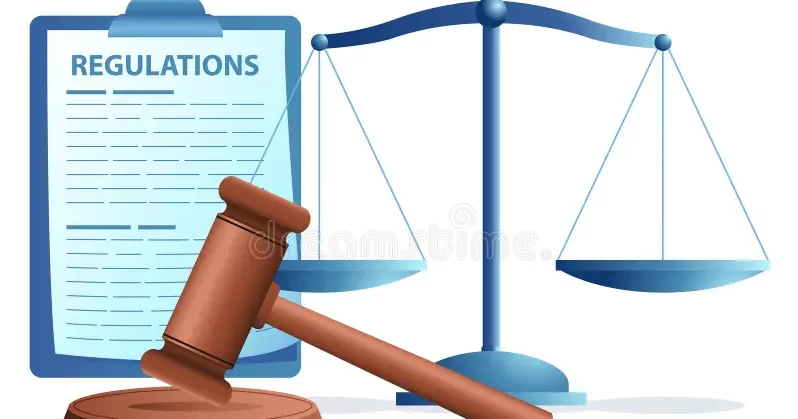In Nigeria, telecommunications law is mainly governed by The Nigerian Communications Act (NCA) 2003. This act established the Nigerian Communications Commission (NCC) as the regulatory body in charge of overseeing telecom services. The NCA provides a legal framework for licensing, monitoring, and regulating telecommunications services and networks in the country.
Several key laws and regulations govern the telecommunications industry in Nigeria. The most important ones include:
1. The Nigerian Communications Act (NCA) 2003: This is the main law regulating telecommunications in Nigeria. It gives the Nigerian Communications Commission (NCC) the authority to regulate and supervise the telecom industry, issue licenses to operators, and promote fair competition. The Act also protects consumer rights and ensures quality service delivery.
- Some sections to note:
- Section 4: Gives the NCC the power to regulate communications services.
- Section 86: Protects consumer rights by establishing a framework for handling complaints and disputes between consumers and service providers.
2. The Wireless Telegraphy Act (WTA) 1990: This law regulates the use of wireless telegraphy equipment and frequencies in Nigeria. It aims to prevent interference and ensure the efficient use of radio frequencies. Under this law, operators must get a license before using the radio spectrum for communication services.
3. National Information Technology Development Agency (NITDA) Act 2007: Although focused on IT development, this Act also plays a role in telecommunications, especially regarding data protection. The NITDA Act created NITDA, which is responsible for promoting and regulating the use of information technology in Nigeria.
4. Nigeria Data Protection Regulation (NDPR) 2019: This regulation, introduced by NITDA, focuses on protecting the personal data of Nigerians, particularly in the digital space. Telecom companies are required to ensure the privacy and security of users’ data and follow strict guidelines on data collection and processing.
5. The Cybercrimes (Prohibition, Prevention, etc.) Act 2015: This law is crucial in the telecommunications sector because it addresses the misuse of telecom services for illegal activities like fraud, hacking, and identity theft. Telecom companies are required to assist law enforcement agencies in investigating cybercrimes and ensuring security on their platforms.
6. Mobile Number Portability Regulations (2012): Issued by the NCC, these regulations allow Nigerian mobile users to switch from one service provider to another without losing their mobile numbers. This law promotes competition and ensures that consumers have the freedom to choose better services.
7. Regulation of Quality of Service: The NCC sets quality of service standards that telecom operators must meet. These include limits on dropped calls, service disruptions, and internet speed requirements to ensure Nigerians receive the best possible services.
CONCLUSION
Telecommunications law and regulation in Nigeria are vital to the smooth functioning of the industry. They not only protect consumers but also ensure that service providers operate in a transparent and fair manner. As the industry continues to grow, so will the need for updated regulations to address emerging challenges like cybersecurity, 5G networks, and digital services. By staying informed about these laws, both consumers and businesses can navigate the telecommunications landscape more effectively.










